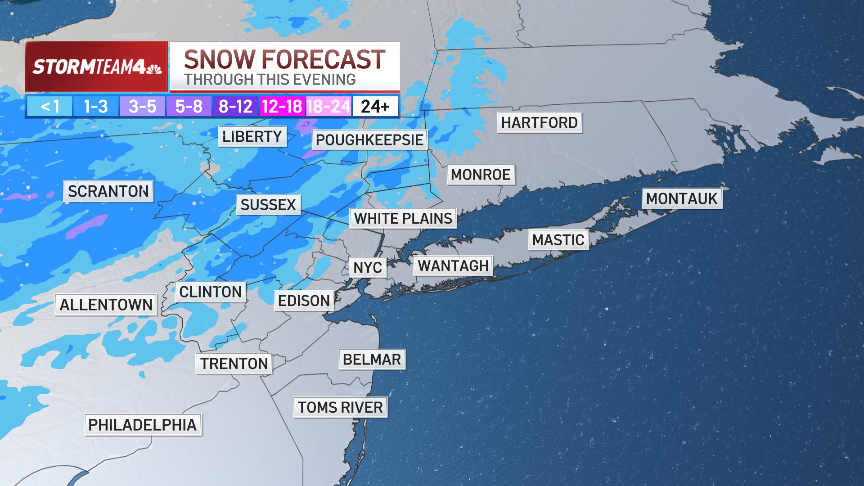The FBI and NYPD are warning New Yorkers to be on the lookout for a "virtual kidnapping" scam where con artists call people at random, claim to have kidnapped their relatives and demand a ransom payment.
Agents say that hundreds of people in the New York City metropolitan region have been victimized by the scam recently. The FBI says that the scammers don't actually kidnap anyone, but use co-conspirators to convince their victims that a loved one is in danger.
"This is a scheme that takes advantage of some of the most vulnerable people in New York City," said George Venizelos, the FBI's Assistant Director-in-Charge for the New York office. "We need the public to be aware of this scam and call us if they have been a victim."
Janine Rao of the Bronx received one of those calls last March. The scam artist left a voice-mail message on her phone while she was home caring for her son.
"I got your moms in her house right now, tied up. She gonna die if you don't give me the money, Jane," the caller stated, mispronouncing Rao's name. "Give me the [expletive] money, Jane."
But Rao's mother had passed away, so she knew the call was a scam.
"I think it's crazy," she said. "What a crazy world we live in."
Local
In another version of the scam, the scammers tells a victim that their husband or son has gotten into a car accident with a gang member. They tell the victim their relative is seriously injured, but the gang member won't allow the person to go to the hospital until damages to his vehicle are paid.
In yet another instance, a caller tells a victim his or her daughter has been kidnapped. A second young woman screams in the background during the call to convince the victim that their daughter is in imminent danger. Other calls include details about drug debts, human trafficking or assaults.
The FBI says that the callers usually give victims specific instructions to wire ransom payments. Callers are told to stay on the phone until they send money to an account, usually in Puerto Rico. Usually the con artists will ask for anywhere between $600 and $1,900. On some occasions, the suspects will call a second time to say the payment wasn't received and then demand more money.
The FBI says that the scammers typically call from area codes outside the New York, and have been known to dial in from numbers with Puerto Rico area codes (such as 787, 939 and 853). If the caller prevents a potential victim from locating the kidnapped person, ask for money via wire transfer or try to keep the person on the phone, they may be scammers.
The FBI says that New Yorkers who get calls from people asking for ransom they should try to slow the situation down and ask to speak to their loved one directly. If they don't let you, then ask them to describe the victim. They say victims should also try to contact the “kidnapped” person on social media or try to call them with another phone. The FBI says victims should also listen closely to the callers voices.



